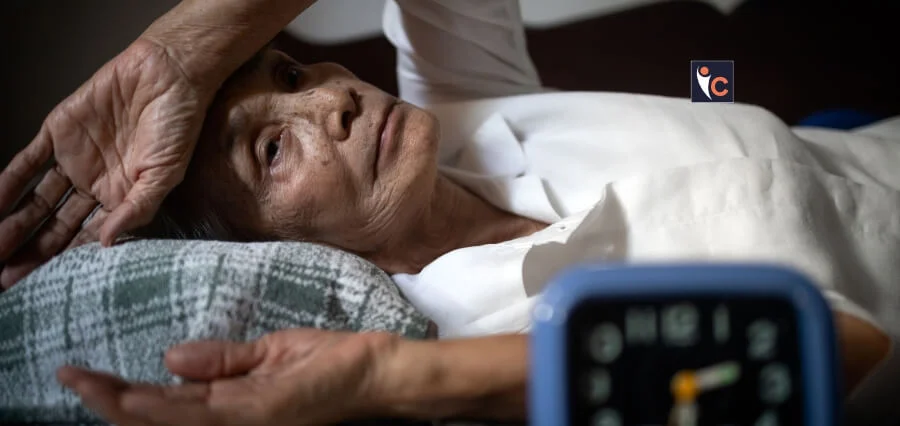SCIENCE OF CRACKING YOUR KNUCKLES
Many of us keep cracking our knuckles when we are worried/ stressed/ anxious/etc., so I have always wondered why this cracking happens. So I just took a bit of time to sit down and pen down my possible thoughts of why this knuckle cracking takes place, and the following is the context behind it, according to me, after coming across a few studies. There aren't any awards to be won for solving the most minor science mysteries - like why yawning and laughing are contagious - but that doesn't mean we don't want the answers anyway. Add to those everyday puzzles the mystery of knuckle cracking. Why exactly does this cracker burst occur from some of the body's smallest joints?
The type of joints that you can most easily 'crack' or 'pop' are the diarthrodial joints. These are the most typical joints. They consist of two bones that are in contact with each other at their cartilage surfaces; the cartilage surfaces are surrounded by a joint capsule. Inside the joint capsule is a lubricant, known as synovial fluid, which also serves as a nutrient source for the cells that maintain the joint cartilage. Additionally, the synovial fluid contains dissolved gases, including oxygen and carbon dioxide.
The joints that are the easiest to pop are the ones in our fingers (the interphalangeal and the metacarpophalangeal joints). When less forces are applied to the joint, one factor that limits the motion is the volume of the joint. The expansion of the synovial fluid cannot take place unless the pressure inside the joint capsule drops to a point at which the dissolved gases can escape the solution, thereby increasing the volume and the mobility of the joint.
The cracking sound is generally thought to be caused by the gases rapidly coming out of the solution, allowing the capsule to stretch a little further. The stretching of the joint is hence limited by the length of the capsule. If an x-ray is taken after the cracking of the joint, a gas bubble can be seen inside the joint. This gas increases the joint volume by 15-20% as per studies, and it consists mostly (about 80%) of carbon dioxide. The reason why the same knuckles cannot be cracked again immediately, in repetition, is because the gases wouldn't have dissolved back to the synovial fluid.
Really releasing such a small quantity of gas can cause so much noise? Researchers have estimated the energy levels of sound by using accelerometers to measure the different vibrations caused by joint popping. Studies have also shown that there are 2 sound peaks during knuckle popping, but the actual causes of these peaks are unknown. It is likely that the first sound is related to the gas dissolving in the solution, whereas the second sound is probably related to the capsule reaching its length limit.
A study found no exact correlation between knuckle cracking and osteoarthritis in the finger joints. Another study, however, being antagonistic to this one, showed that repetitive knuckle cracking may affect the soft tissue surrounding the joint. The habit of cracking knuckles often has a tendency to increase hand swelling and decrease the grip strength of the hand.
Maybe another source for the popping of joints could be the tendons and the ligaments, near the joint. Tendons are required to cross atleast one joint in order to cause motion. But when a joint moves, the position of the tendon with respect to the joint, is forced to change. So, a tendon shifting to a slightly different position, might be followed by a sudden snap, as the tendon returns to the original position with respect to the joint. These noises are often heard in the ankle and knee joints when walking up or down the stairs or standing up from a seated position.
Every little bit of science has to be breakthrough stuff. Sometimes, it just makes the everyday world make a little bit more sense, and sometimes, this can be more than enough.
Stay safe, take care, and keep the scientific spirit on, no matter what !




Wow !!! I seriously never knew this....previously I read smth similar to this before about why the crack sound takes.place....but there it was written due to gas bubbles ����
ReplyDeleteKeep going Mathangi!!! Good and super informative posts
Thanks a ton :)) Keep reading and keep the scientific spirit on :) !
DeleteGreat post!
ReplyDeleteAyy thank you so much daa !!
DeleteWowowoww!!!Perfect as always
ReplyDeleteOmgg thanks a lot daaa !!
DeleteReally informative!!
ReplyDeleteThank you!!
DeleteGood job dear ..... Never let the undying curiosity in u diminish.... May god bless u....
ReplyDeleteThank you :)
DeleteOh my godd bro ..... excellent job ....
ReplyDeleteKeep it up 👍👍
Thank youuuu :))
DeleteYOOO THIS IS CRAZY, IT'S INSANE HOW SCIENCE IS BEHIND EVERY MINOR THING IN OUR LIFE-
ReplyDelete- mirra
science is behind everything daa !! Do keep reading if you're interested :)
Delete